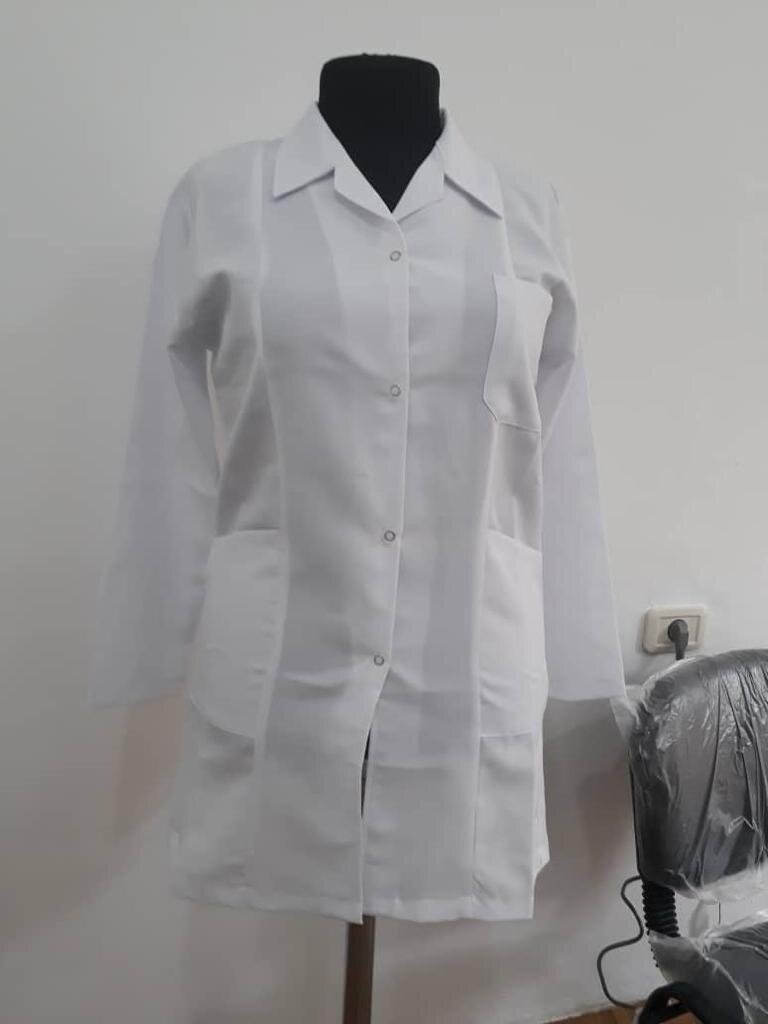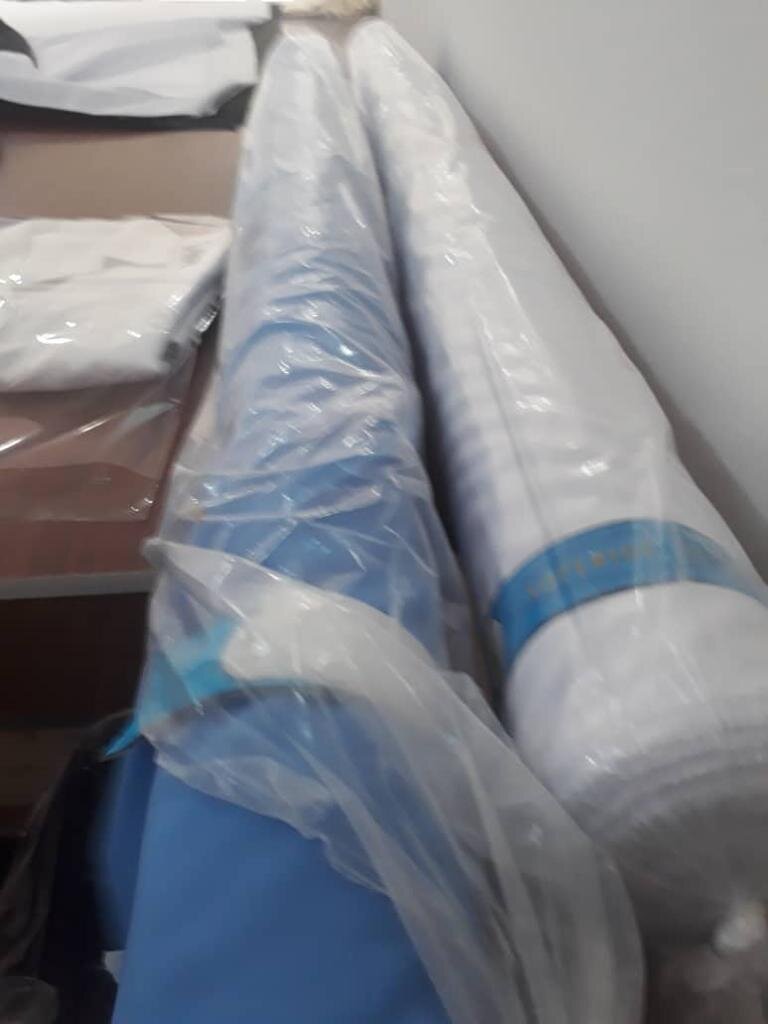



Covid19
The global Covid19 pandemic has impacted our lives and our communities in immeasurable ways globally. Working to promote thriving and sustainable communities the Khalifa Ihler Institute has taken action to address challenges faced by the communities we work with and worked in partnership with a range of collaborators and partners to address the challenges to peaceful, thriving and inclusive communities posed by the pandemic.
Through the World Economic Forum and Global Shapers community, we launched the websites www.shapenorway.no and www.shapecovid.com in the early days of the global pandemic. These efforts were designed to provide resources and information in accessible language to international and local communities facing significant challenges in the initial stages of the pandemic.
Working to support local organizations in Libya, the Khalifa Ihler Institute has supported the development of infrastructure to produce and distribute personal protective equipment, including gowns and masks for hospital staff. This was achieved through the implementation of a self-sustaining social entrepreneurship model that will have a lasting impact beyond the pandemic.
As contributors to the Kofi Annan Foundation’s efforts, the Institute has supported and coordinated youth dialogues and consultations. This led to the development of a position paper that consolidated input from youth engaged in local work against violent extremism around the globe, and the impact Covid19 has had on their work.
Through his engagement with the World Economic Forum and the Davos Lab Taskforce, Mr. Ihler and the Institute have been engaged in the process of staking out the post-covid future. This includes a particular focus on the role of digital literacy, digital policy, and combating the impact of misinformation and harmful online content.
The Khalifa Ihler Institute is also supporting and engaged in research on the long-term social impact of Covid. In particular, we are monitoring the evolution of covid-related policies, and its impact on other policies and public resources related to gender-based violence and other human rights, and public health challenges marked by the global pandemic and political responses.
Further, there is a distinct intersection between public responses to the pandemic, public health advice, vaccinations, policies on wearing masks and the other impact areas of the Institute. In particular, these areas are misinformation, conspiratorial thinking and radicalization into violent extremism. We are closely monitoring the ever-evolving landscape of anti-government sentiment, misinformation, conspiracy theories and violent action as it relates to the global pandemic.
In all our efforts the Khalifa Ihler Institute has adapted to current and local public health advice and strives to protect our staff, collaborators and the communities we engage with.